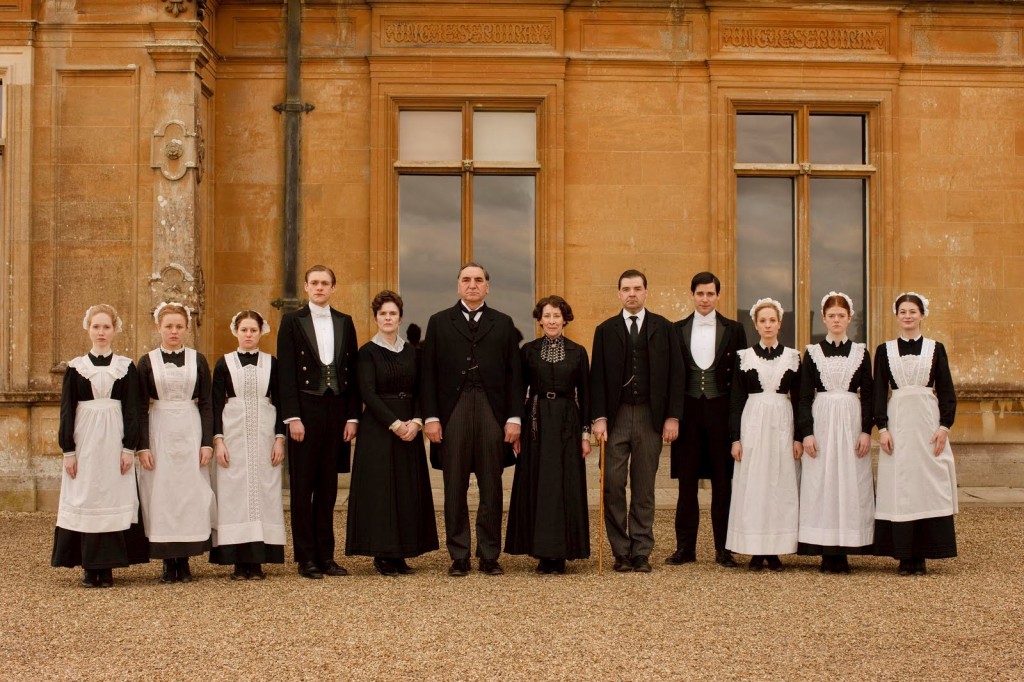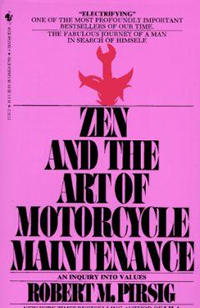
IT’S WRONG and foolish to make a fantasy of the past, to glorify what was not glorious. By the same token, it is wrong to demonize it. This review from last September of Jane Humphries’ book, Childhood and Child Labor in the British Industrial Revolution fits into the latter category. Annabel Venning of The Daily Mail writes:
While the upper classes professed horror at the iniquities of the slave trade, British children were regularly shackled and starved in their own country. The silks and cottons the upper classes wore, the glass jugs and steel knives on their tables, the coal in their fireplaces, the food on their plates – almost all of it was produced by children working in pitiful conditions on their doorsteps.
But to many of the monied classes, the poor were invisible: an inhuman sub-species who did not have the same feelings as their own and whose sufferings were unimportant. If they spared a thought for them at all, it was nothing more than a shudder of revulsion at the filth and disease they carried.
It is not true that “almost all” industrial goods in Britain were produced by child laborers. Imagine an industrial economy run almost entirely by children while the adults did what? Adult men and women worked even more so. Nor is it true that the monied classes were indifferent. Throughout the nineteenth century, there was a public outcry and activism on behalf of child laborers. Much of that outcry came from the upper classes, from people such as wealthy heiress and budding socialist Beatrice Potter, and led to the birth of the welfare state.
Starting in the 1830s, laws were enacted to improve the working conditions of children and limit their hours, laws which sometimes made their conditions worse as children sought jobs that were unregulated when larger and newer factories would no longer hire them, as this author points out. The children who suffered the most were the minority who did not live with their families but were kept by “parish houses,” or workhouses. These were government institutions. These were children under government care, abandoned to a system that was outside family protection. (more…)



